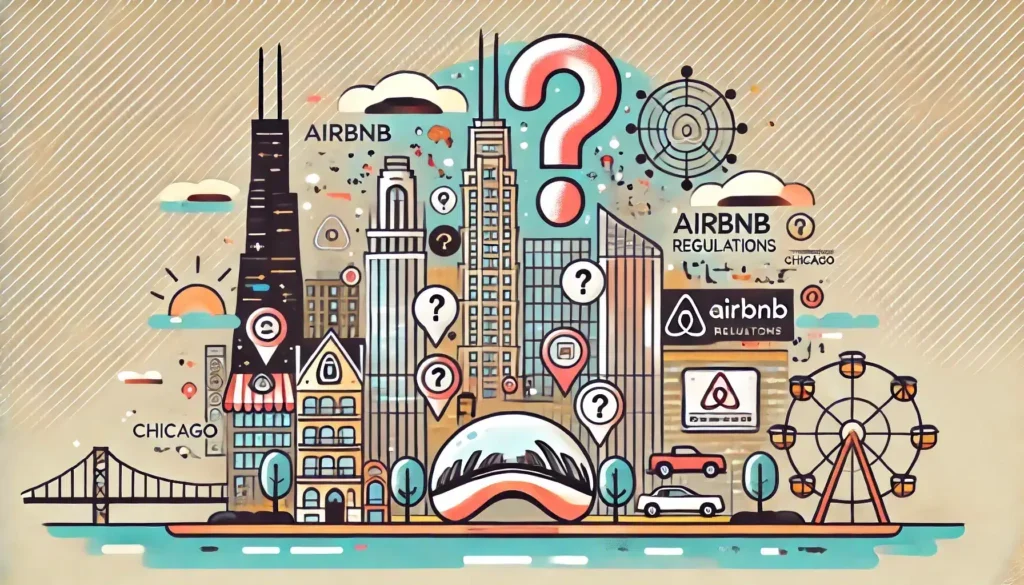Is Airbnb still permitted in Chicago?
The War for Airbnb: How Municipalities Are Battling to Regulate the Sharing Economy
Airbnb has transformed the way we travel and live, but its growth has also sparked a fierce debate over its impact on local communities. From affordable housing to noise pollution, the sharing economy has created a complex web of regulations and backlash.
Cities Take a Stand
Municipalities worldwide are introducing laws to curb Airbnb’s influence on housing markets. New York City and San Francisco were among the first to enact measures limiting rentals in multi-unit buildings and requiring hosts to register their properties. Other cities, like Paris and Amsterdam, have implemented regulations to control Airbnb’s growth.
The Battle Over Neighbors
Airbnb’s popularity has also sparked neighborhood disputes. In cities like Barcelona, residents are frustrated with the erosion of residential communities and increased housing prices. To address these concerns, Barcelona banned new short-term rental licenses and fined Airbnb for listing unlicensed properties.
Collaboration and Compliance
Despite the backlash, Airbnb has worked with some cities to establish compliance measures and registration systems. In Chicago, the platform has collaborated with the city to implement regulations, including a shared housing ordinance that requires hosts to register and pay taxes on short-term rentals.
The Future of Short-Term Rentals
Airbnb’s presence in Chicago reflects the city’s efforts to balance the benefits of short-term rentals with community concerns. The platform continues to operate under a regulated framework that seeks to protect the interests of hosts, guests, and the broader community.
The Regulations in Chicago
To operate legally in Chicago, hosts must register their properties with the city and obtain a unique short-term rental registration number. The city also imposes taxes on short-term rentals, including a Hotel Accommodations Tax, Shared Housing Surcharge, and Domestic Violence Surcharge. Certain neighborhoods and zoning areas may have additional restrictions, and hosts must comply with these regulations to avoid penalties and fines.
What’s Next?
The war for Airbnb will continue, as cities and the platform battle for control over the sharing economy. As the regulations continue to evolve, hosts and guests must adapt to new rules and guidelines to ensure a smooth and compliant experience.
